Montenegrin president: Serbia poses no danger
Filip Vujanović says the current authorities in Belgrade pose "no danger" for his country's independence, and praises "good partnership relations".
Wednesday, 28.03.2012.
22:46

Filip Vujanovic says the current authorities in Belgrade pose "no danger" for his country's independence, and praises "good partnership relations". The Montenegrin president spoke for B92 TV on Wednesday, and said that the two countries have "a good contractual basis" between them, describing his communication with Serbian counterpart Boris Tadic as "good and constructive". Montenegrin president: Serbia poses no danger Montenegro became independent after a referendum organized in May 2006, and Serbia recognized the new country several weeks later. Vujanovic's stance that Serbia does not jeopardize his country's independence contradicts statements coming from some Montenegrin officials, including Parliament Speaker Ranko Krivokapic. Asked to comment on the incident late last year when Krivokapic's advisor Andrej Nikolaidis publicly "regretted" that explosives were not activated in an arena where top Serbian and Serb Republic (RS) officials were gathered at the time, Vujanovic responded: "The two countries have a very good contractual basis. My position on that case is known, and was expressed through the Ministry of Foreign Affairs which distanced itself from it and immediately stressed that Nikolaidis's stance did not represent Montenegro's official policy. I am also officially distancing myself from that article." One issue raised by the opposition in Montenegro was that of the status of the Serbian language - spoken as their mother tongue by a majority of the country's population - and the demand to make it an official language. "Montenegro is a civil state, which means that as a civil state it has its language. Serbia has Serbian, Croatia has Croatia, and Montenegro should have Montenegrin. My opinion is that this issue was been solved well, that Montenegrin should be preserved, while Serbian, which is dominant, should have a special position," Vujanovic stated. Asked whether Montenegro's Euro-Atlantic integrations had reached a stalemate, considering that the EU was demanding constitutional changes related to the justice system, Vujanovic said that "Euro-integrations were Montenegro's priority", and that "everyone in Montenegro now agrees that we should not stop. We will create benefits for other surrounding countries, for Serbia, Bosnia-Herzegovina." The Montenegrin president also noted that his country had met all NATO standards, and that there was "no slowing down toward NATO, which was also confirmed by the alliance's officials". He also commented on the fact that Montenegro was not yet given a date for the start of its EU accession talks, and that a lack of judicial reforms "and the well-known collusion between state structures, tycoons and criminal structures" represented a problem, to say that "news out of the EU last December were good", and that it was appraised that Montenegro had achieved good results "in both the normative and operative sense". Asked to comment on the fact that there were no results in the investigation into the Saric brothers - one of which is the suspected leader of a major drug gang - while it was at the same time public knowledge that their "empire" included tens of hotels and restaurants, Vujanovic said that he was "very glad that Serbia had opened that process", and praised "good cooperation between Serbia and Montenegro and good partnership relations in that case": "It is now important to provide Serbia with good logistics. You are aware that the Saric brothers' assets in Montenegro have been frozen. If we had the kind of evidence that Serbia obtained, Serbia would have helped us. But, we did not obtain such evidence, and Serbia will in this case have Montenegro's major support." Vujanovic was also asked about his position on the recent statements of the leader of the Islamic Community in Serbia, Muamer Zukorlic, who said that "a talk should be had about the Sandzak region" - which in Serbia coincides with the Raska District, but also spreads to parts of Montenegro and Bosnia: "Borders are definitive, and both Podgorica's and Belgrade's state policy on this issue is clear, there's no border dispute in that area. What's important is to make that border as passable as possible, as if there were practically no border there." Vujanovic also denied that Montenegro's long-time president and prime minister Milo Djukanovic was still the one "pulling the political strings" in that country, stressing that Djukanovic - now in his capacity as leader of the ruling DPS party - was "reacting appropriately". Speaking about the upcoming elections in Serbia, he said the Serbian citizens would choose a government "that is best for them": "We are very careful and do not make predictions, it is for the Serbian citizens to decide themselves." Vujanovic also confirmed that his country would support Serbian FM Vuk Jeremic's bid to become president of the UN General Assembly, saying that this decision came because of Montenegro's desire to maintain best possible relations with its neighbors. A file photo of Vujanovic and Tadic (Tanjug) B92
Montenegrin president: Serbia poses no danger
Montenegro became independent after a referendum organized in May 2006, and Serbia recognized the new country several weeks later.Vujanović's stance that Serbia does not jeopardize his country's independence contradicts statements coming from some Montenegrin officials, including Parliament Speaker Ranko Krivokapić.
Asked to comment on the incident late last year when Krivokapić's advisor Andrej Nikolaidis publicly "regretted" that explosives were not activated in an arena where top Serbian and Serb Republic (RS) officials were gathered at the time, Vujanović responded:
"The two countries have a very good contractual basis. My position on that case is known, and was expressed through the Ministry of Foreign Affairs which distanced itself from it and immediately stressed that Nikolaidis's stance did not represent Montenegro's official policy. I am also officially distancing myself from that article."
One issue raised by the opposition in Montenegro was that of the status of the Serbian language - spoken as their mother tongue by a majority of the country's population - and the demand to make it an official language.
"Montenegro is a civil state, which means that as a civil state it has its language. Serbia has Serbian, Croatia has Croatia, and Montenegro should have Montenegrin. My opinion is that this issue was been solved well, that Montenegrin should be preserved, while Serbian, which is dominant, should have a special position," Vujanović stated.
Asked whether Montenegro's Euro-Atlantic integrations had reached a stalemate, considering that the EU was demanding constitutional changes related to the justice system, Vujanović said that "Euro-integrations were Montenegro's priority", and that "everyone in Montenegro now agrees that we should not stop. We will create benefits for other surrounding countries, for Serbia, Bosnia-Herzegovina."
The Montenegrin president also noted that his country had met all NATO standards, and that there was "no slowing down toward NATO, which was also confirmed by the alliance's officials".
He also commented on the fact that Montenegro was not yet given a date for the start of its EU accession talks, and that a lack of judicial reforms "and the well-known collusion between state structures, tycoons and criminal structures" represented a problem, to say that "news out of the EU last December were good", and that it was appraised that Montenegro had achieved good results "in both the normative and operative sense".
Asked to comment on the fact that there were no results in the investigation into the Šarić brothers - one of which is the suspected leader of a major drug gang - while it was at the same time public knowledge that their "empire" included tens of hotels and restaurants, Vujanović said that he was "very glad that Serbia had opened that process", and praised "good cooperation between Serbia and Montenegro and good partnership relations in that case":
"It is now important to provide Serbia with good logistics. You are aware that the Šarić brothers' assets in Montenegro have been frozen. If we had the kind of evidence that Serbia obtained, Serbia would have helped us. But, we did not obtain such evidence, and Serbia will in this case have Montenegro's major support."
Vujanović was also asked about his position on the recent statements of the leader of the Islamic Community in Serbia, Muamer Zukorlić, who said that "a talk should be had about the Sandžak region" - which in Serbia coincides with the Raška District, but also spreads to parts of Montenegro and Bosnia:
"Borders are definitive, and both Podgorica's and Belgrade's state policy on this issue is clear, there's no border dispute in that area. What's important is to make that border as passable as possible, as if there were practically no border there."
Vujanović also denied that Montenegro's long-time president and prime minister Milo Đukanović was still the one "pulling the political strings" in that country, stressing that Đukanović - now in his capacity as leader of the ruling DPS party - was "reacting appropriately".
Speaking about the upcoming elections in Serbia, he said the Serbian citizens would choose a government "that is best for them":
"We are very careful and do not make predictions, it is for the Serbian citizens to decide themselves."
Vujanović also confirmed that his country would support Serbian FM Vuk Jeremić's bid to become president of the UN General Assembly, saying that this decision came because of Montenegro's desire to maintain best possible relations with its neighbors.




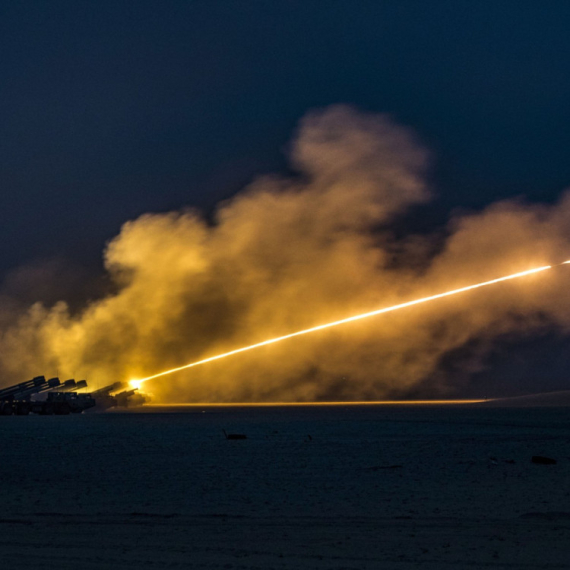





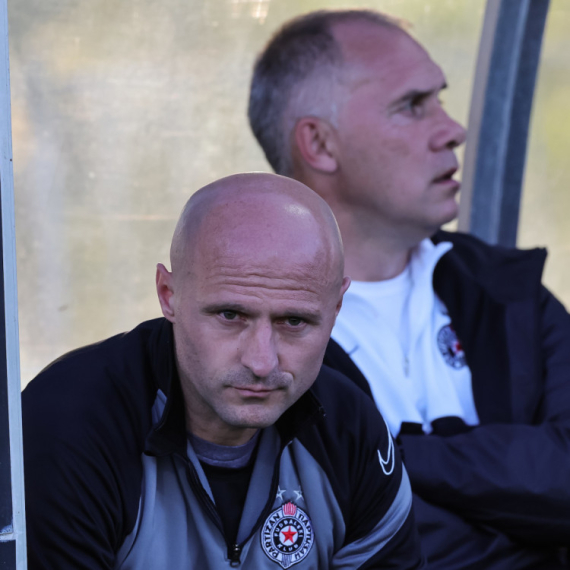
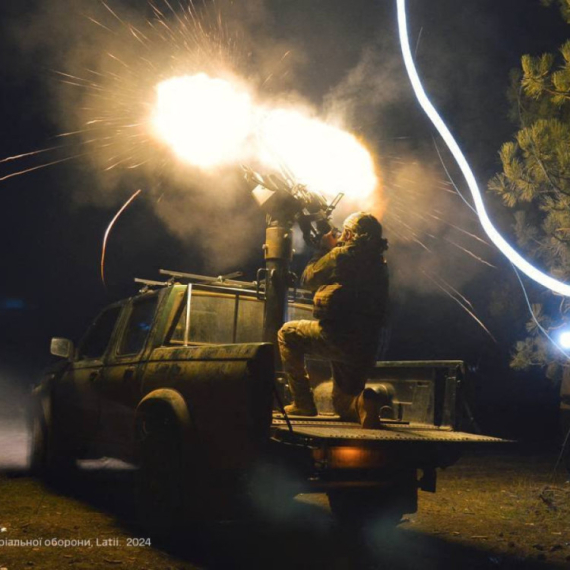
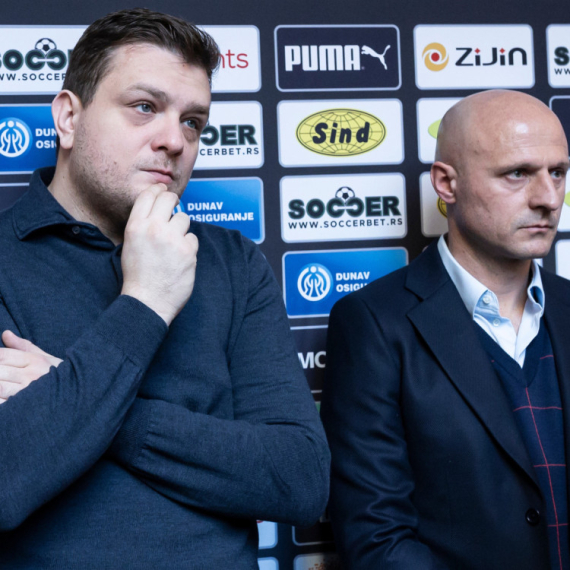
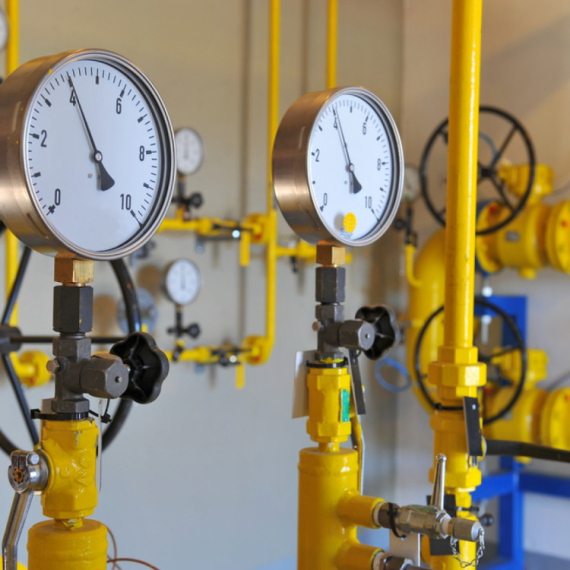

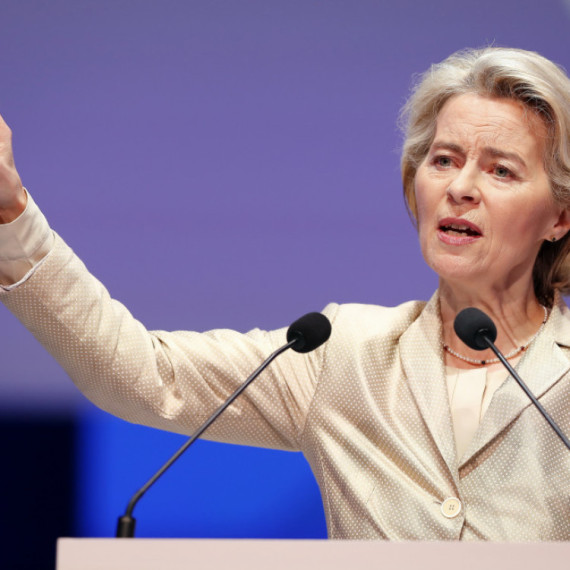
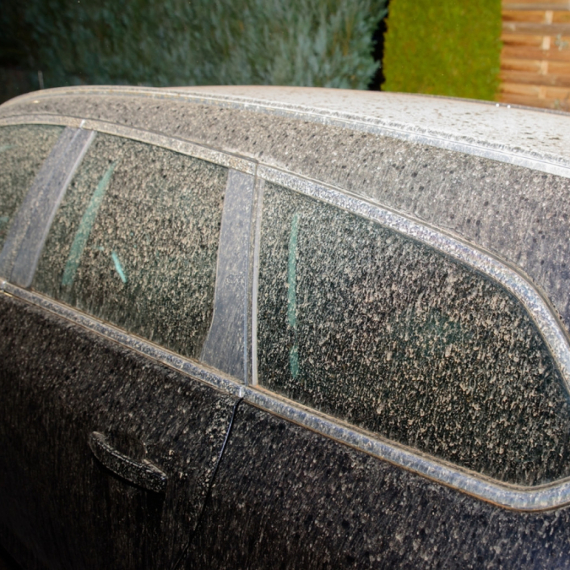

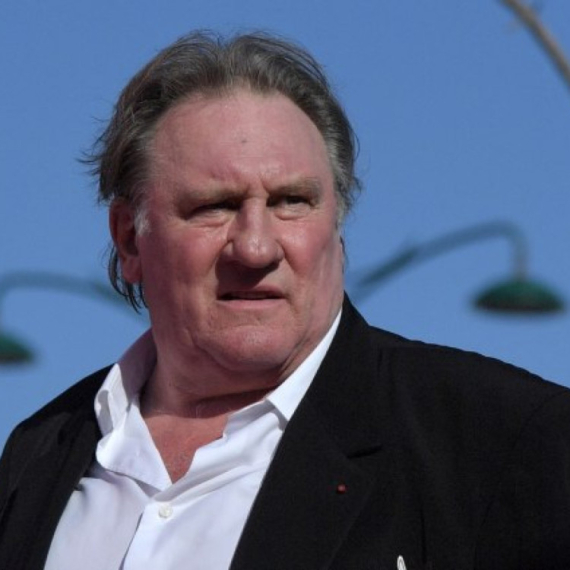
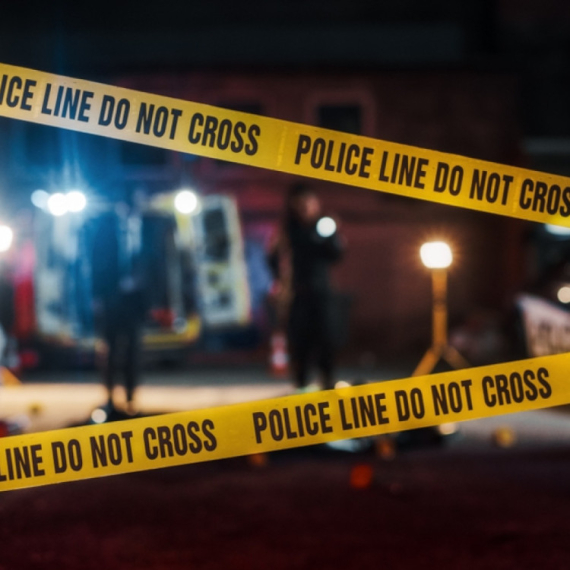







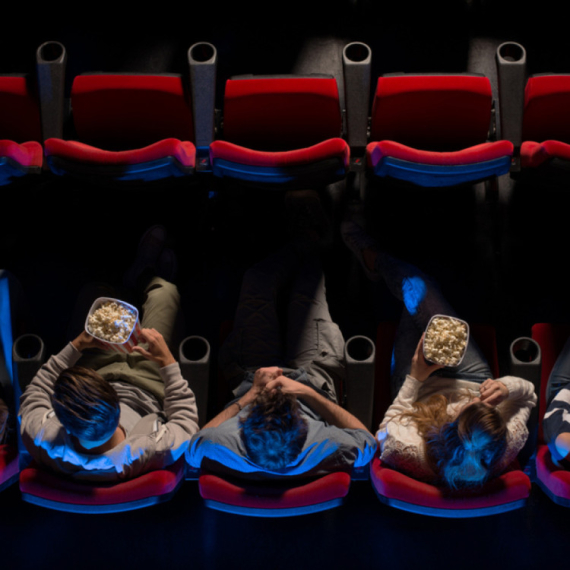



















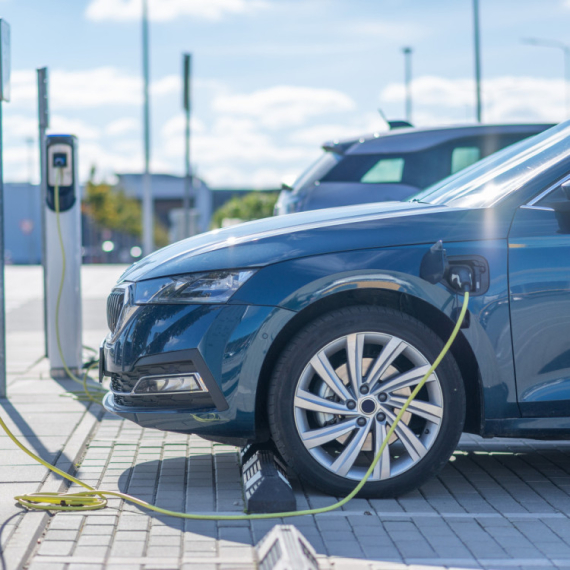
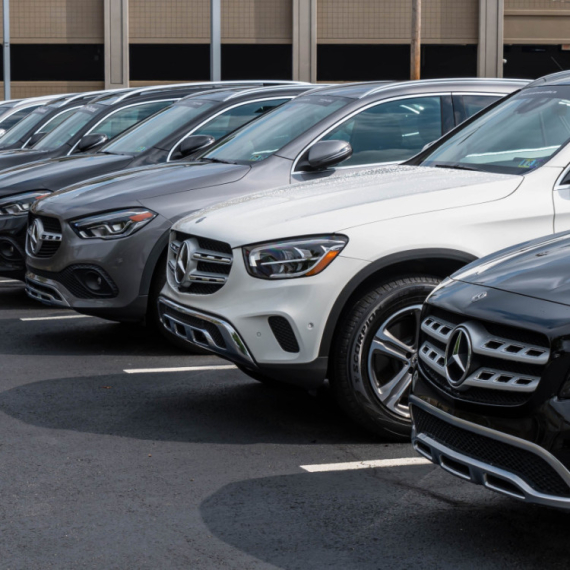









Komentari 9
Pogledaj komentare